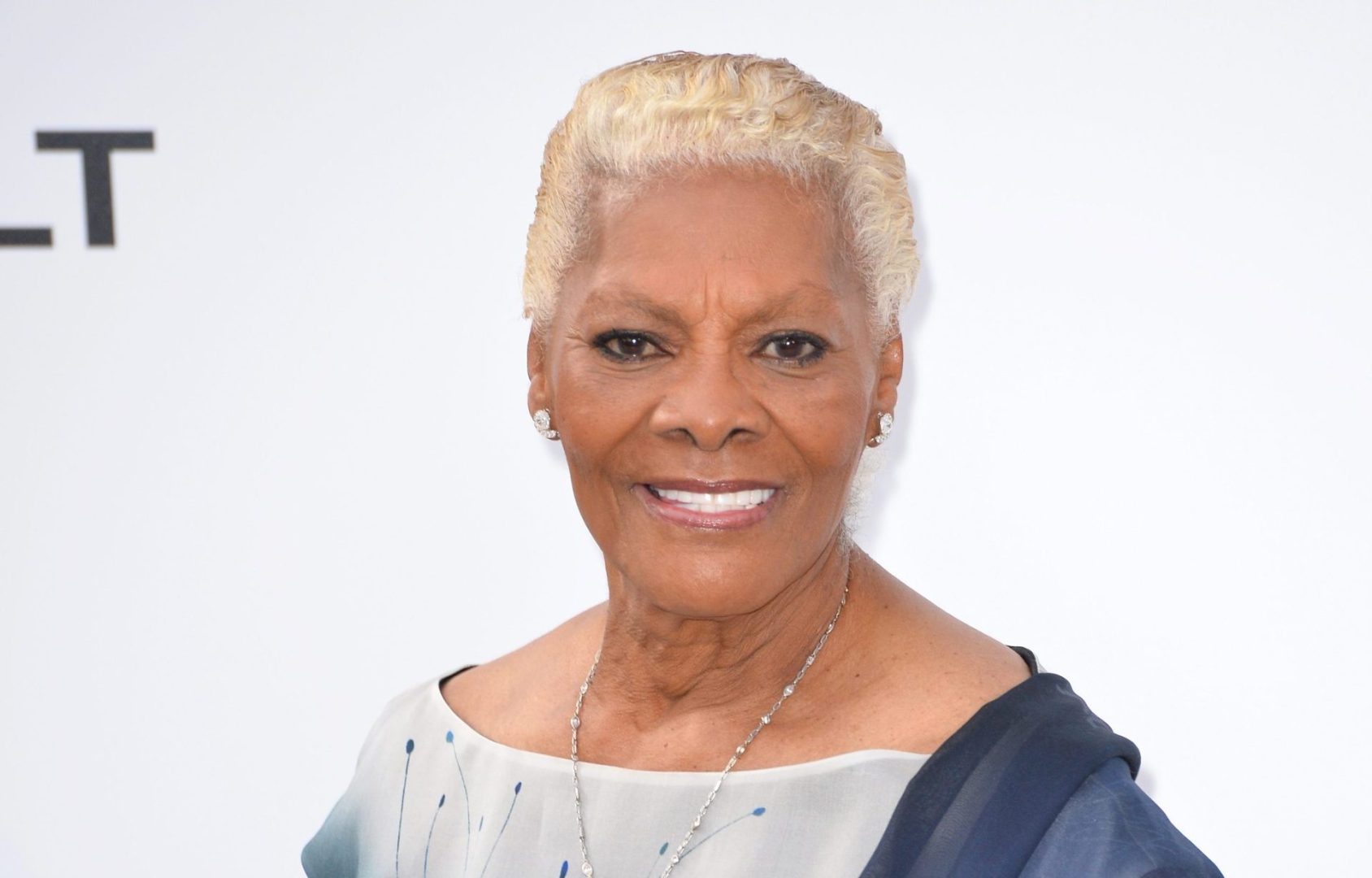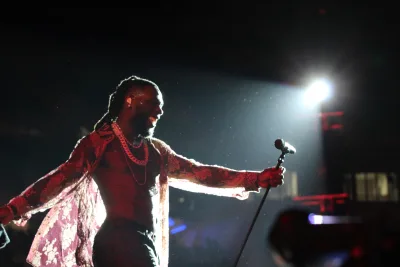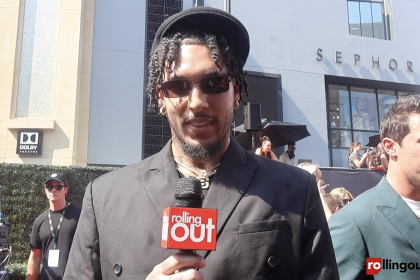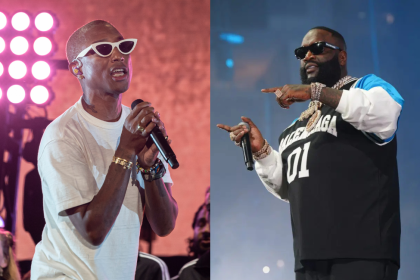In a recent appearance on NPR, legendary singer Dionne Warwick shared her candid thoughts on Kendrick Lamar’s hit song, “Not Like Us,” which is currently dominating the charts as one of the biggest songs of 2024. While many fans are celebrating the track, Warwick’s response has sparked a conversation about the nature of public critique in the music industry.
Warwick’s unique perspective
During a light-hearted game hosted by Emma Choi, Warwick was asked to listen to snippets of various songs and rate them on a scale of 1 to 5 Dionnes. When the lyrics from Kendrick Lamar’s song played, Warwick’s reaction was telling. She made a face that conveyed confusion and concern, prompting Choi to inquire about her thoughts.
Warwick explained her reaction, stating, “This is the look of ‘Why?’ ”
Her response reflected a deeper sentiment about the content of the song, particularly the controversial lyrics that have drawn mixed reactions from listeners.
Public critique: A double-edged sword
Warwick went on to express her belief that songs like Lamar’s should not be subjected to public ratings. She stated, “I don’t think that this should be a public thing. So as far as I’m concerned, I’m not gonna rate this one.”
This statement raises an important question about the role of artists and audiences in the music industry. Should artists be held accountable for their lyrics, and to what extent should their work be critiqued publicly?
Warwick’s perspective is particularly significant given her status as a music icon. She has been a prominent figure in the industry for decades, and her views carry weight. By choosing not to rate Lamar’s song, she is advocating for a more nuanced understanding of artistic expression, especially when it comes to sensitive topics.
Contrasting ratings
In contrast to her stance on Lamar’s song, Warwick did provide ratings for other tracks during the NPR segment. She rated Chappell Roan’s “Good Luck, Babe!” and Sabrina Carpenter’s “Please Please Please” a solid 4.5 Dionnes, while giving CharliXCX’s “Guess” a 4-star rating. This juxtaposition highlights her selective approach to music critique, emphasizing that not all songs warrant the same level of public scrutiny.
The impact of lyrics in hip-hop
Lamar is known for his thought-provoking lyrics that often tackle complex social issues. His song “Not Like Us” has been both praised and criticized for its bold statements. As a leading figure in hip-hop, Lamar’s work often reflects the realities of life in America, particularly for the Black community. However, the way his lyrics are interpreted can vary widely among listeners.
Warwick’s comments invite a broader discussion about the responsibilities of artists when addressing sensitive subjects. Should artists be more mindful of their words, or is it the listener’s responsibility to interpret the message? This debate is particularly relevant in today’s climate, where social media amplifies every opinion.
Warwick’s perspective on Kendrick Lamar’s “Not Like Us” serves as a reminder of the complexities surrounding music critique. As artists continue to push boundaries and explore sensitive topics, the conversation about public ratings and artistic expression will remain relevant. In a world where music is a powerful tool for change, it is essential to consider the implications of our critiques and the messages we choose to amplify.
















